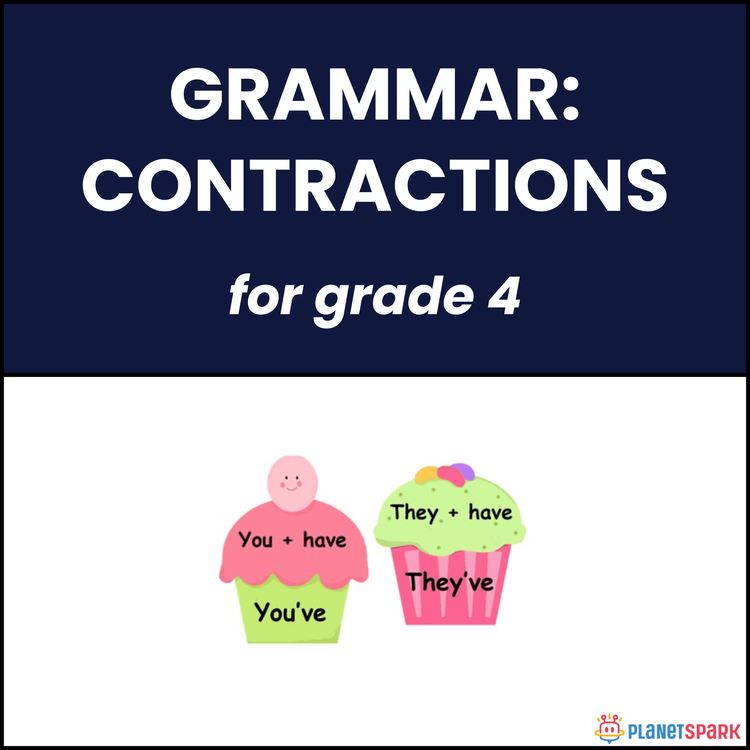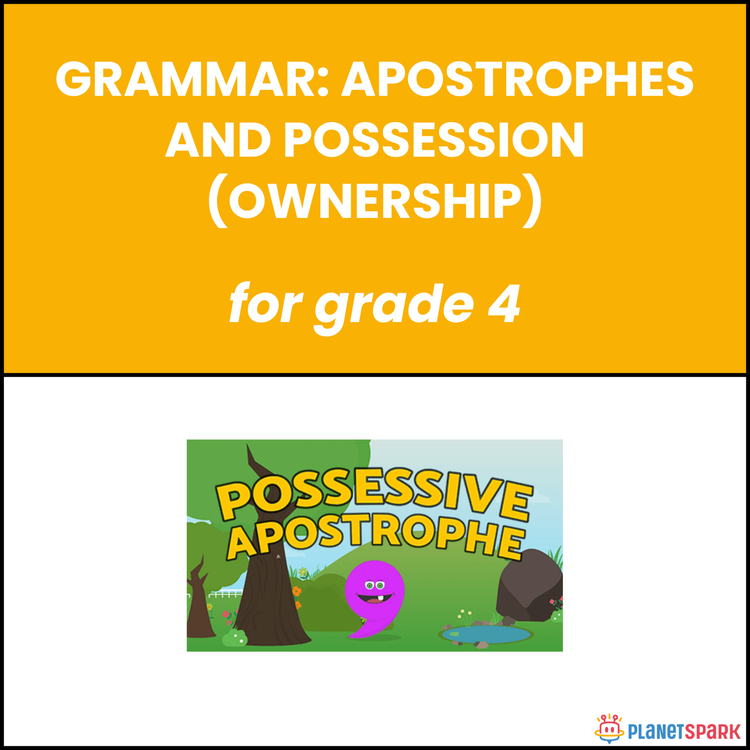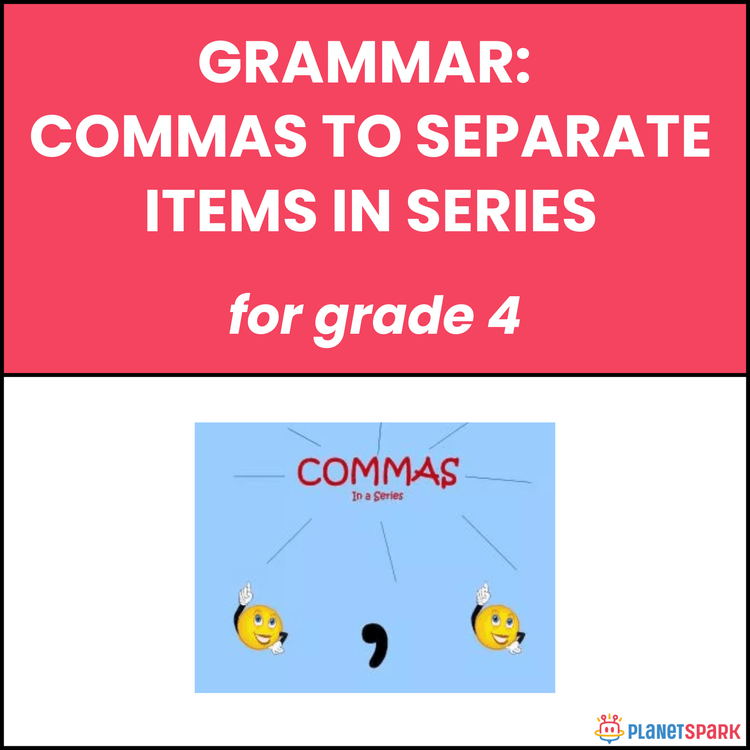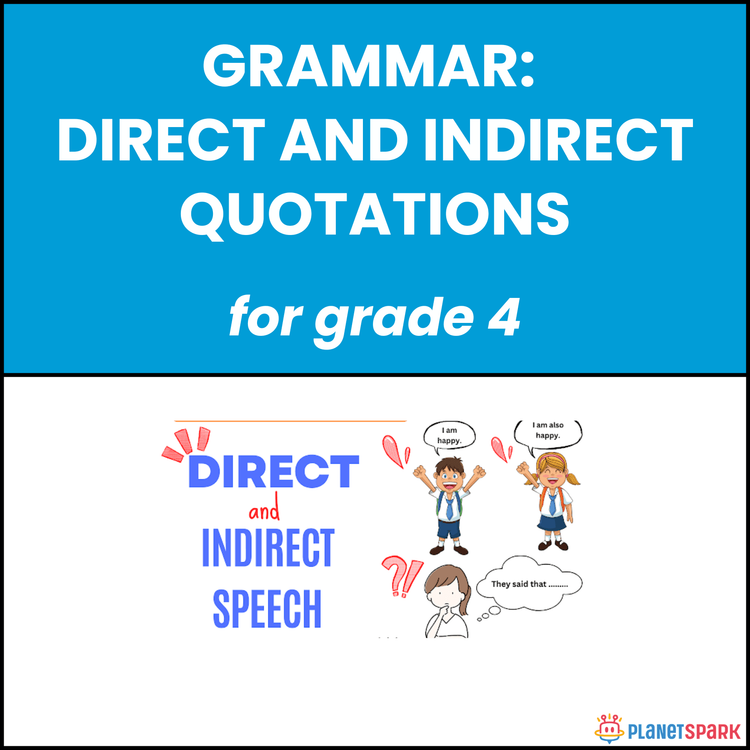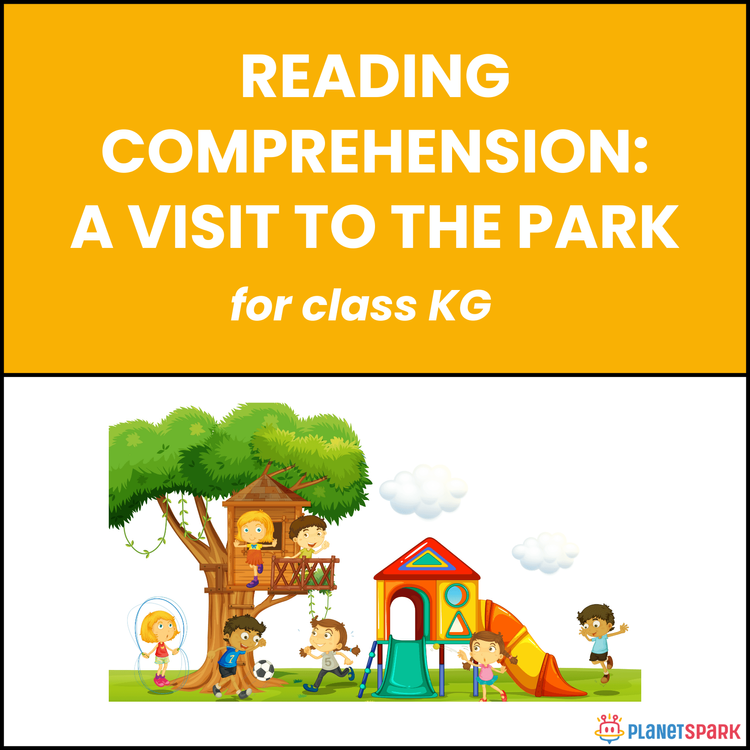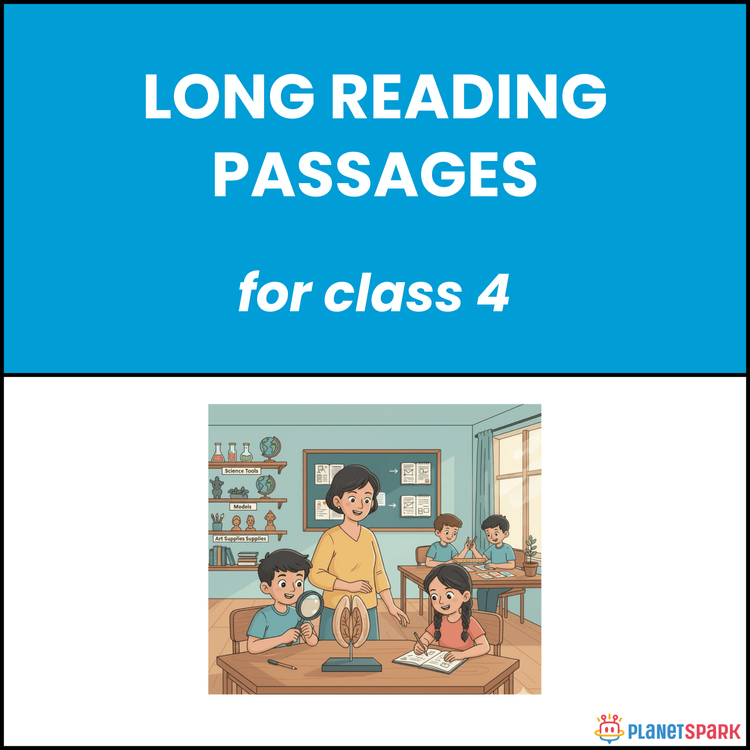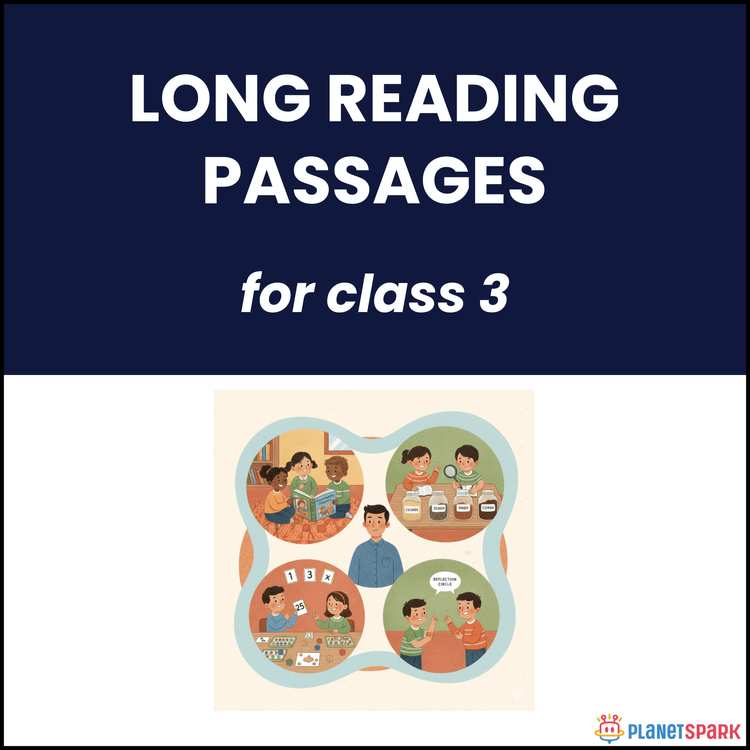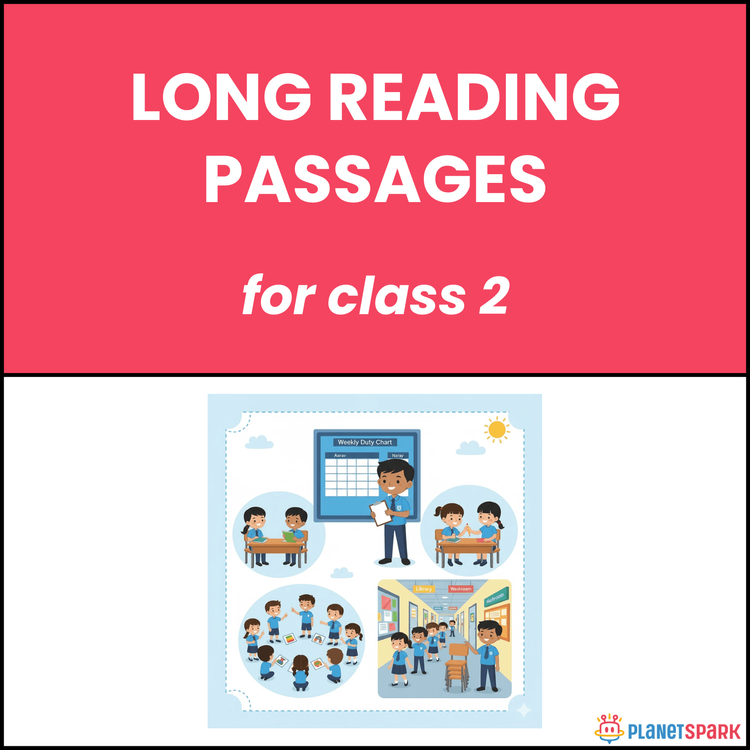Class 4 Worksheet on Subordinating Conjunctions
Class 4EnglishEnglish GrammarFree DownloadPDF
Sejal JainVisit Profile
An English educator with 10+ years of experience, I hold a Master’s in English Literature and a TESOL certification. My diverse professional background allows me to bring fresh perspective, strong communication, and thoughtful intention to every aspect of my work in education.
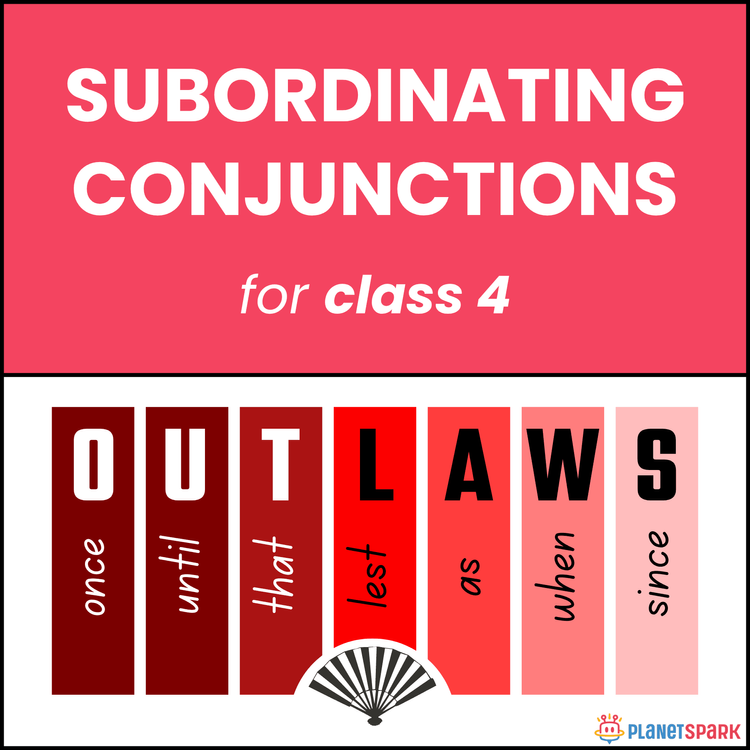

Class 4 Worksheet on Subordinating Conjunctions
Class 4EnglishEnglish GrammarFree DownloadPDF
Sejal JainVisit Profile
An English educator with 10+ years of experience, I hold a Master’s in English Literature and a TESOL certification. My diverse professional background allows me to bring fresh perspective, strong communication, and thoughtful intention to every aspect of my work in education.
Connect the Dots: Subordinating Conjunctions for Class 4
This Grade 4 worksheet introduces young learners to subordinating conjunctions such as *because*, *if*, *when*, and *although* through visual examples, fill-in-the-blanks, matching, MCQs, and sentence joining exercises. Students learn how to connect ideas smoothly while understanding cause, condition, time, and contrast.
Why Subordinating Conjunctions Matter in Grammar?
Mastering subordinating conjunctions helps learners:
1. Link ideas logically in speech and writing.
2. Add depth and detail to their sentences.
3. Understand time, reason, contrast, and condition clearly.
4. Build fluency in both reading comprehension and written expression.
What’s Inside This Worksheet?
This worksheet includes five varied and engaging activities:
🔎 Exercise 1 – Identify the Conjunction
Students underline subordinating conjunctions in 9 sentences that include different types like cause (“because it snowed”) and time (“when I wake up”)
✏️ Exercise 2 – Fill in the Blanks
Students choose the correct conjunction (*because, although, if, when*) to complete 8 meaningful sentences supported by cute visuals (e.g., “Priya danced ___ the music started.”)
🔗 Exercise 3 – Match to Complete Sentences
A matching activity connects sentence beginnings with endings using appropriate conjunctions. For example, “Nina wore her raincoat” → “although it was raining”.
✅ Exercise 4 – Multiple Choice Questions
Students select the right conjunction from two options to complete each sentence accurately. These questions cover conditionals, cause-effect, and contrasts.
📝 Exercise 5 – Join the Sentences
Learners practice joining two short sentences into one using the correct subordinating conjunction, such as:
“He ate much. He felt sick.” → “Because he ate much, he felt sick.”
✅ Answer Key (For Parents & Educators)
Exercise 1 – Underlined Conjunctions
1. because
2. although
3. if
4. when
5. because
6. although
7. if
8. when
9. because
Exercise 2 – Fill in the Blanks
1. when
2. because
3. when
4. although
5. if
6. because
7. because
8. if
Exercise 3 – Matching Pairs
1. Nina wore her raincoat → b. because it was raining
2. Aryan didn’t play outside → e. since the playground was wet
3. We clapped loudly → c. when the team scored a goal
4. Zoya was chosen → a. although she was nervous
5. The children cheered → g. when the show ended
6. Karan took a nap → f. although he wasn’t tired
7. I will help you → d. if you ask politely
8. Simran waited at the gate → h. because the school bus was late
Exercise 4 – Multiple Choice Answers
1. because
2. because
3. when
4. if
5. if
6. because
7. because
8. when
Exercise 5 – Sentence Joining
2. If Amit studies hard, he will pass.
3. When the rain stopped, we went out.
4. Siya was late because she missed the bus.
5. When I feel cold, I wear a jacket.
6. I will help you if you call me.
7. Because he ate much, he felt sick.
Help your child become a stronger writer by teaching them how to connect their thoughts with subordinating conjunctions — a must-have grammar skill!
🔖Book a free trial!
Frequently Asked Questions
Subordinating conjunctions join dependent and independent clauses, e.g., because, although, since.
By showing cause and effect sentences like “I stayed home because it rained.”
They confuse them with coordinating conjunctions as both link ideas but differently.
